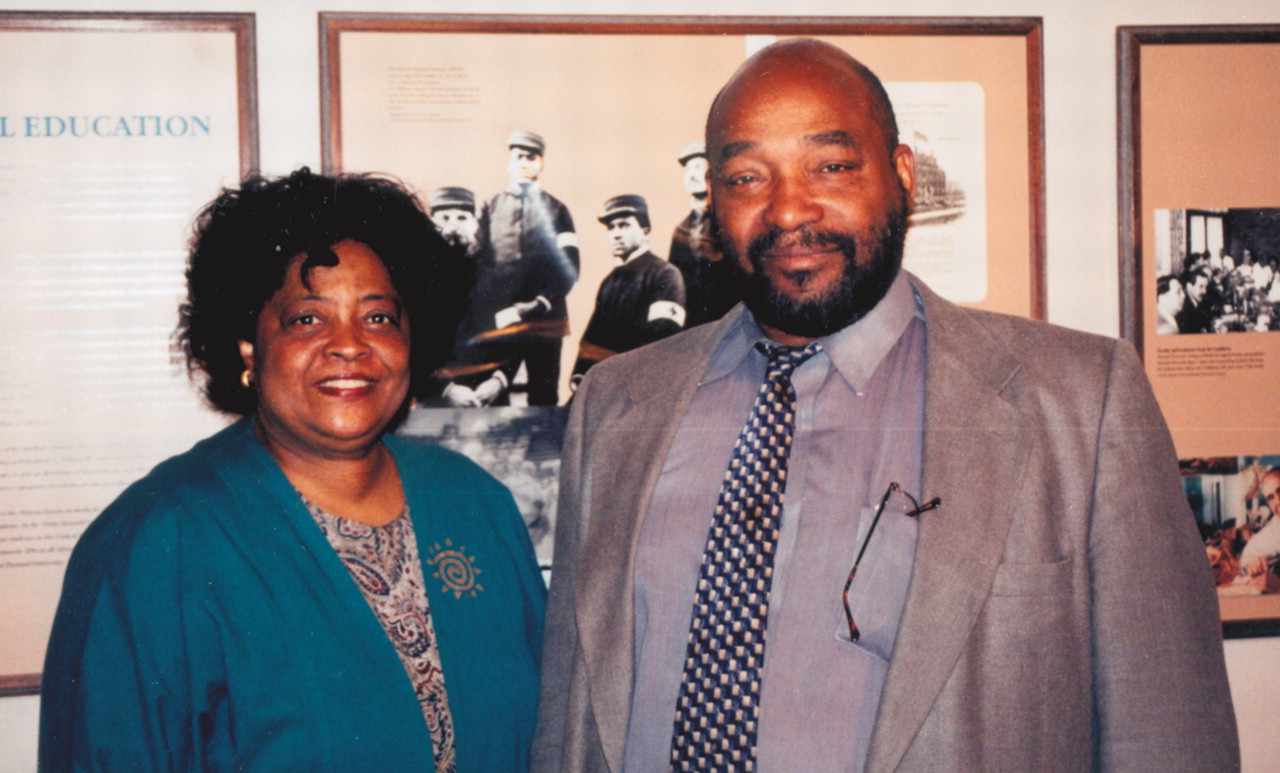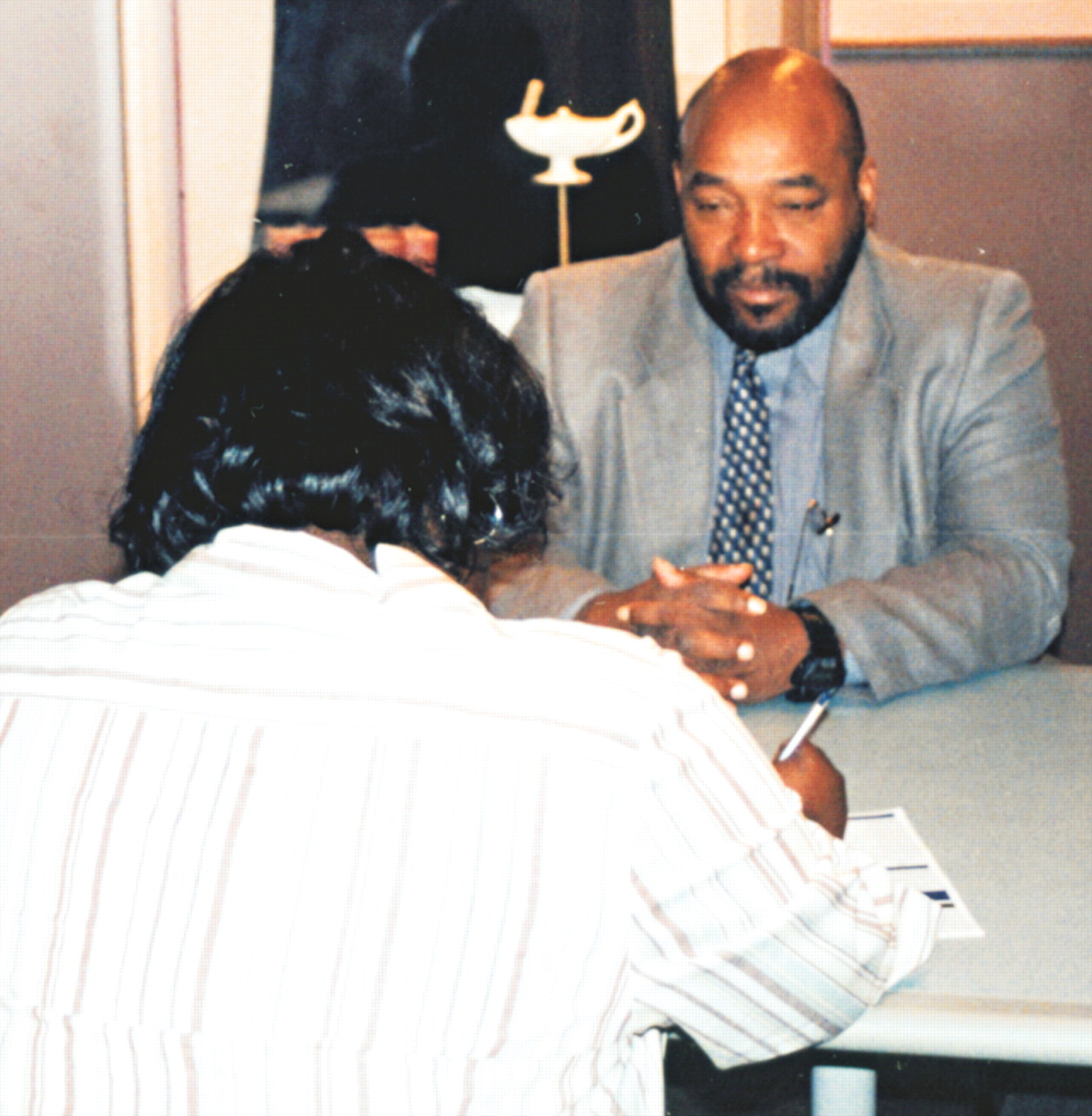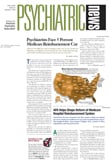This year October 9 isn’t just another day at Howard University Hospital. By 9 a.m., faculty and staff from the university’s psychiatry and psychology departments are seated expectantly at tables lined with literature on mood and anxiety disorders, and people soon begin to congregate at the tables, hoping to answer a nagging question for themselves: Do I have depression?
Most of those who come to the screening site on National Depression Screening Day (NDSD) are African-American residents from the surrounding Washington, D.C., community. Hospital staff and students from the university also participated in the screening.
Those who wish to participate in the screening are shown into Freedmen’s Hall, a museum dedicated to the history of medical education at Howard. Today, the large room doubles as a screening site where faculty and staff conduct the screenings.
By the end of the day, NDSD staff will have screened 81 people for depression and assisted an additional 25 people in their quest for information on mood disorders.
The majority of those who are screened each year do meet criteria for depression, according to Christine Carrington, Ph.D., who is an assistant professor of psychiatry, chief psychologist at Howard University Hospital, and NDSD site director at Howard. “Depression is typically underdiagnosed in African Americans,” she told
Psychiatric News.
The screening project is an effort to reverse that situation, if just in the local community, she said.
William Lawson, M.D., Ph.D., who is chair of Howard University’s department of psychiatry, emphasized this point. “About half of African Americans with depression never get diagnosed or treated,” he said. Furthermore, “Many are treated improperly even if they are diagnosed with depression.”
Complicating matters is that anywhere from 10 percent to 25 percent of NDSD participants who are identified with depression at Howard also screen positive for posttraumatic stress disorder (PTSD).
“It is important to screen both for PTSD and depression in the African-American population,” Carrington said. These diagnoses are often overlooked in this group. “Undetected PTSD symptoms can undermine even successful depression treatment” in these cases, she added.
Carrington is conducting research on the factors that contribute to the development of comorbid PTSD and depression in African Americans, she said, and has found that “early losses such as death, divorce of parents, physical or sexual abuse, neglect, or abandonment can influence the development of depression and/or PTSD.”
In addition, Carrington said, witnessing or being the victim of community or domestic violence can play a role in the development of depression and PTSD.
Howard University has been screening D.C. residents for depression since 1991, when Screening for Mental Health Inc., a nonprofit agency based in Wellesley, Mass., launched the first NDSD.
Lawson and Carrington said that in addition to identifying those who need treatment for clinical depression and other mood disorders, they refer those who screen positive to Howard’s mental health clinic or one of several community mental health centers in the area.
Besides offering screening and treatment in conjunction with NDSD, Lawson said Howard University faculty and students—as well as staff of the hospital’s pastoral services—are working closely with area churches to step up efforts to identify African Americans with mental illness.
It is not uncommon for African Americans with mental health problems to seek help through pastoral services, he pointed out.
“We are working to educate pastors about mental illness,” Lawson added, “and to identify members of the congregation who need treatment and provide it to them.”
More information about National Depression Screening Day is posted on the Web at www.mentalhealthscreening.org/depression.htm. ▪


